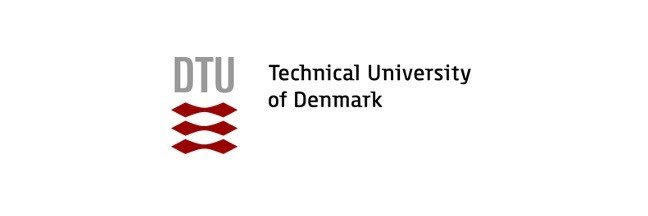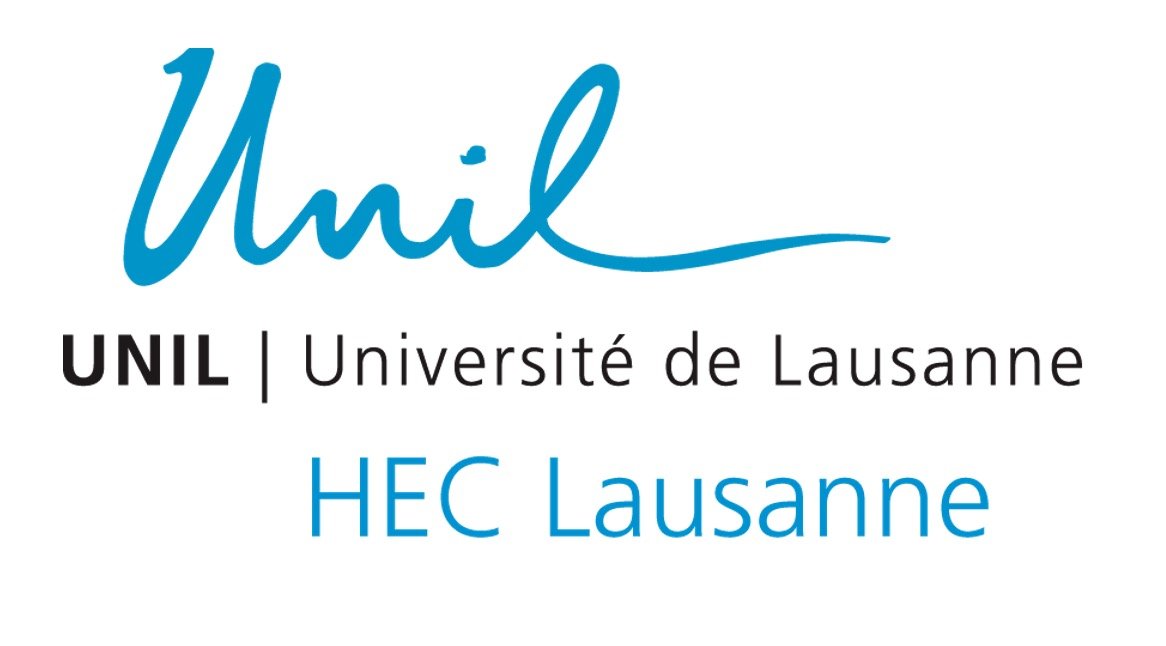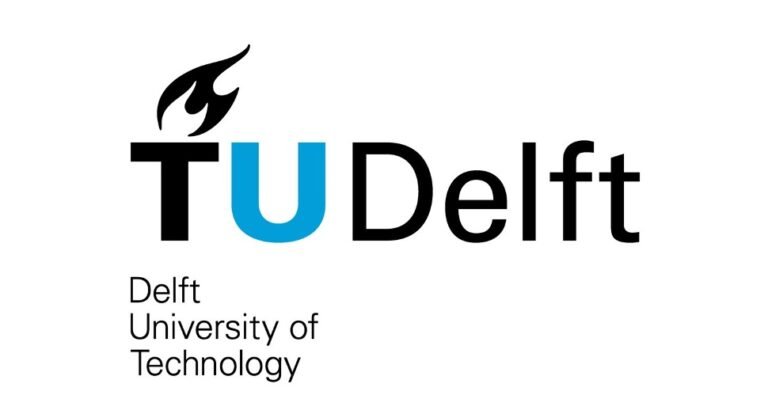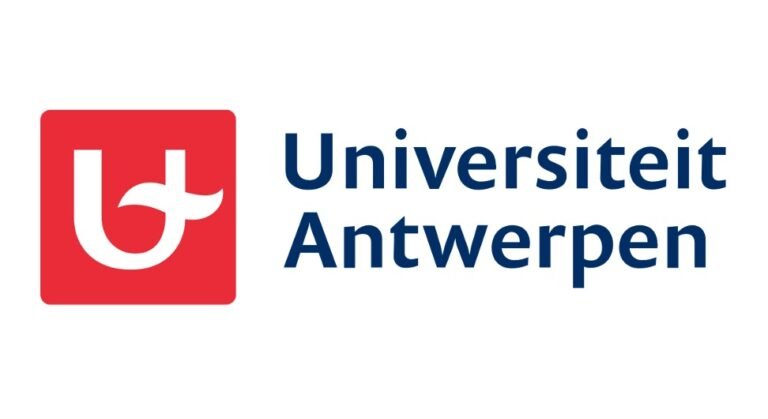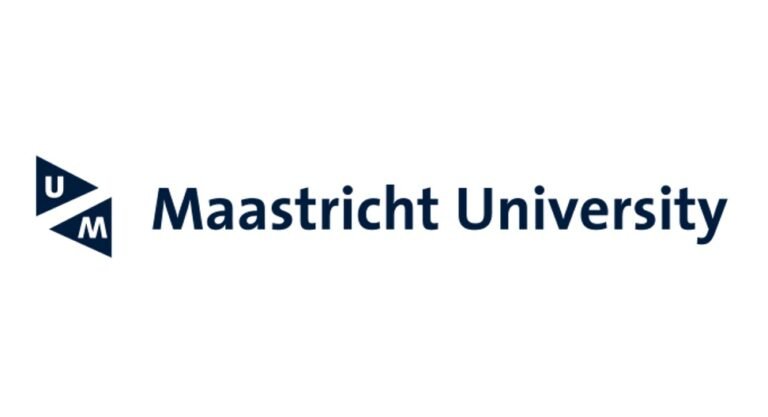Job Description
Would you like to become part of the solution towards green energy transition, by helping develop the tools and methods for lifecycle sustainability and economic performance modelling? The Society, Markets and Policy section at DTU Wind and Energy Systems is inviting candidates to apply for a Post doc in sustainability indicators and lifecycle cost modelling of next-generation wind turbines, both onshore and offshore.
We offer a rewarding and challenging job in an international environment. We strive for academic excellence in an environment characterized by collegial respect and academic freedom tempered by responsibility. We develop talent by offering a career mentor, state-of-the-art research infrastructure, and postgraduate teacher training.
Responsibilities and qualifications
You will be part of the SMP team that works on:
- Sustainability & environmental impacts
- Wind energy economics & finance
- Financial modelling and policy analysis
- Stochastic cost modelling of wind energy investments
- Techno-economics of wind and energy systems
- Energy policy & support mechanism design
- Social acceptability of wind energy
- Planning & development processes
As a specialist in sustainability indicators and feasibility of wind energy systems, you are expected to bring a solid foundation in environmental, social, and technoeconomic assessment of renewable energy systems. This includes the quantification of sustainability impact indicators and the valuation of wind energy assets, adopting a ‘beyond-LCOE’ approach to energy systems. Sustainability indicators should encompass economic, environmental, and social dimensions to provide a comprehensive evaluation of the systems, particularly in the context of the use of non-price criteria in auction schemes for renewable energy.
This role requires the development of numerical tools and models, through the establishment of sustainability key performance indicators (KPIs), and the lifecycle cost modelling of wind energy systems. This work is done in collaboration with the section and the department, involving national, EU, and industry-sponsored projects, such as the TREND project of the DTEC Centre of Excellence.
Your primary responsibilities will be:
- Data collection and processing: Collect, analyse, and interpret data on sustainability indicators (such as emissions, impacts on marine life, material usage, local content, sound levels, system integration, etc.) and lifecycle costs, as well as the market value of wind energy assets.
- Feasibility and sustainability analysis of wind energy systems: Create tools and methods to model the lifecycle costs, value and sustainability of wind energy systems, considering multiple KPIs.
- Impact Assessment: Develop frameworks for integrated environmental and social impact assessments.
- Optimising Strategies: Formulate strategies to maximize the market value of wind energy.
- Research Excellence: Publish your research findings in leading international journals and present your work at renowned international conferences.
- Grant Application: Contribute to the formulation of grant applications for national and European calls to secure funding for cutting-edge research.
- Academic Contribution: Actively participate in the academic community by supporting teaching and supervising BSc and MSc students at DTU. You will also have the opportunity to support the supervision of PhD students within the department.
The following qualifications will be beneficial:
Essential qualifications:
- Educational Background: A strong academic background with an emphasis on the development or assessment of sustainable energy systems and lifecycle technoeconomic modelling, particularly for wind energy systems.
- Sustainability Expertise: Proven experience in environmental (and ideally social) impacts of renewable energy systems, especially wind energy, as well as sustainability indicators (economic, environmental, and social).
- Feasibility of energy projects: Ability in developing feasibility models of energy systems, especially wind turbines, considering the market value, ensuring they meet sustainability and performance criteria while providing economic benefits.
- Programming skills: Strong programming skills in languages such as Python, with the ability to develop relevant modular, parametric models and conduct analyses relevant to wind energy systems.
Desired qualifications:
- Experience with software tools for sustainability assessment, assessment of energy systems based on UN SDGs and total sustainability frameworks (such as Environmental and Social Lifecycle Assessment).
- Quantification and modelling of sustainability indicators for energy systems, especially wind energy systems.
- Experience in high fidelity parametric cost modelling across different phases of the wind farm lifecycle, for example operations and maintenance and end-of-life strategies.
- Research Proposal Development: Proven ability to create compelling research proposals, particularly in the area of wind energy economics and policy. This includes successfully securing research funding and driving successful grant applications.
As a formal qualification, you must hold a PhD degree (or equivalent).
We offer
DTU is a leading technical university globally recognized for the excellence of its research, education, innovation and scientific advice. We offer a rewarding and challenging job in an international environment. We strive for academic excellence in an environment characterized by collegial respect and academic freedom tempered by responsibility.
Salary and terms of employment
The appointment will be based on the collective agreement with the Danish Confederation of Professional Associations. The allowance will be agreed upon with the relevant union.
Starting date is April 2025 (or according to agreement). The position is a full-time position. The position is for 18 months but there are further career opportunities after the initial contract based on performance.
You can read more about career paths at DTU here.
Further information
Further information may be obtained from Associate Professor Anastasia Ioannou.
You can read more about DTU Wind and Energy Systems at www.windenergy.dtu.dk/english
If you are applying from abroad, you may find useful information on working in Denmark and at DTU at DTU – Moving to Denmark.
Application procedure
Your complete online application must be submitted no later than 15 February 2025 (23:59 Danish time).
Applications must be submitted as one PDF file containing all materials to be given consideration. To apply, please open the link “Apply now”, fill out the online application form, and attach all your materials in English in one PDF file. The file must include:
- Application (cover letter in which you specifically address how your background and skills directly align with the requirements and responsibilities of the position)
- CV
- Academic Diplomas (MSc/PhD – in English)
- List of publications
Applications received after the deadline will not be considered.
All interested candidates irrespective of age, gender, disability, race, religion or ethnic background are encouraged to apply. As DTU works with research in critical technology, which is subject to special rules for security and export control, open-source background checks may be conducted on qualified candidates for the position.
DTU Wind and Energy Systems is one of the largest and most well-known university department for wind energy in the world with 400 employees. The institute is in the international driving field with a unique integration of research, education, innovation and public / private government service. DTU Wind and Energy Systems has extensive expertise in wind turbine technology, focusing on the impact of loads, structural design and reliability, aeroelastic design and materials.
Technology for people
DTU develops technology for people. With our international elite research and study programmes, we are helping to create a better world and to solve the global challenges formulated in the UN’s 17 Sustainable Development Goals. Hans Christian Ørsted founded DTU in 1829 with a clear mission to develop and create value using science and engineering to benefit society. That mission lives on today. DTU has 13,500 students and 6,000 employees. We work in an international atmosphere and have an inclusive, evolving, and informal working environment. DTU has campuses in all parts of Denmark and in Greenland, and we collaborate with the best universities around the world.
